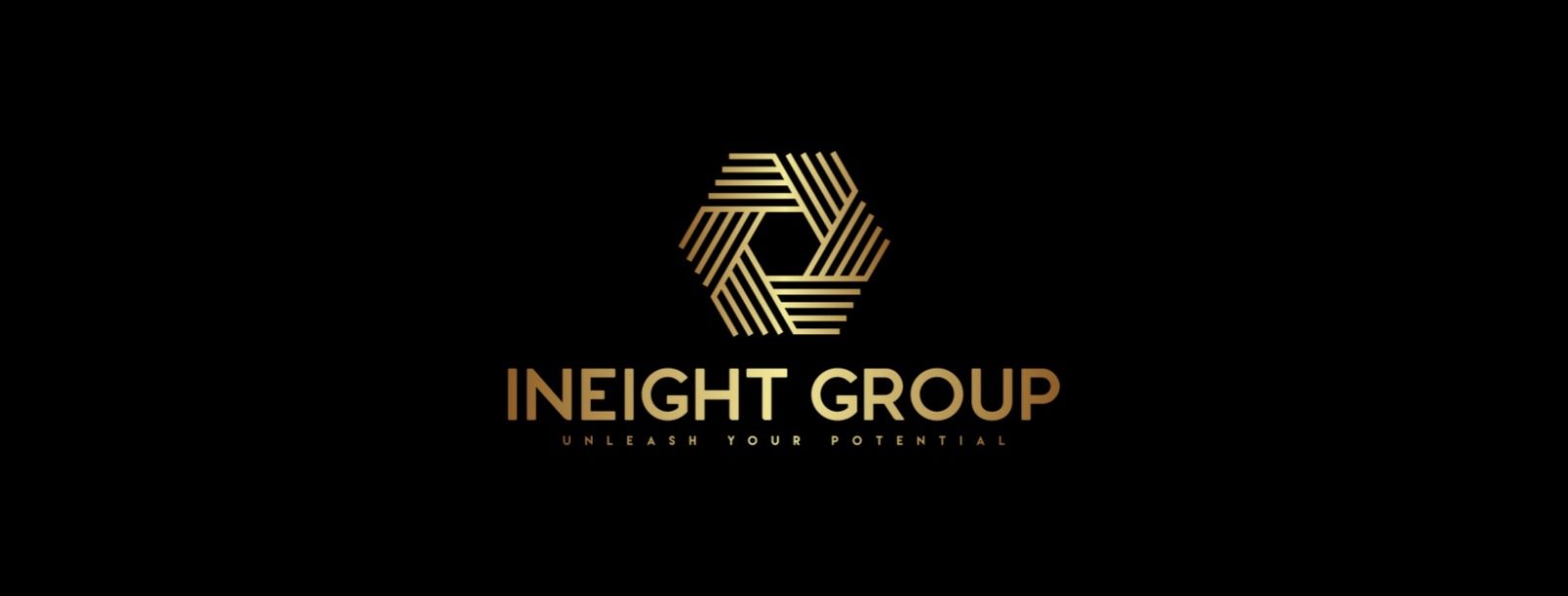
Sustainable Choices for Lasting Impact
Sustainability within the Blue Economy
The blue economy along the Kenyan coastline holds significant potential for economic growth and development, but it is marred by persistent poverty among fishing communities.
These communities face numerous challenges that hinder their ability to fully benefit from marine resources.
Current Situation:
Many fishers struggle with inadequate fishing equipment, limiting their access to deeper waters where more abundant fish stocks are found.
This lack of proper gear not only restricts their catch but also puts their lives at risk during dangerous expeditions out to sea.
Additionally, the absence of cold storage facilities and reliable transportation infrastructure leads to substantial post-harvest losses, further diminishing the economic returns for these already impoverished communities.
Access to markets:
Access to markets remains a critical issue for coastal fishing communities in Kenya. As a result, they often rely on middlemen who buy their fish at low prices, reducing their profit margins.
These factors, combined with overfishing along the shore line and climate change impacts, contribute to the perpetuation of poverty cycles in these coastal regions, hindering the overall development of Kenya's blue economy.
Our Solution:
Nonetheless, innovative solutions are emerging to address these issues. Ukuzi, a company that acts as a bridge between fisherfolk and farmers, is pioneering a sustainable approach. They purchase both fresh fish and fish unfit for human consumption directly from local fisherfolk, transforming them into organic fertilizer and feed supplements.
This initiative not only provides additional income streams for fishing communities but also supports sustainable agricultural practices.
By fostering cooperation between the fishing and farming sectors, Ukuzi is creating opportunities for mutual growth and development.
This approach not only helps to reduce post-harvest losses but also opens up new markets for fishermen's catch, regardless of its quality.
Such innovative solutions demonstrate the potential for synergy between different sectors and the blue economy, offering a path towards more sustainable and equitable economic development in these sectors.
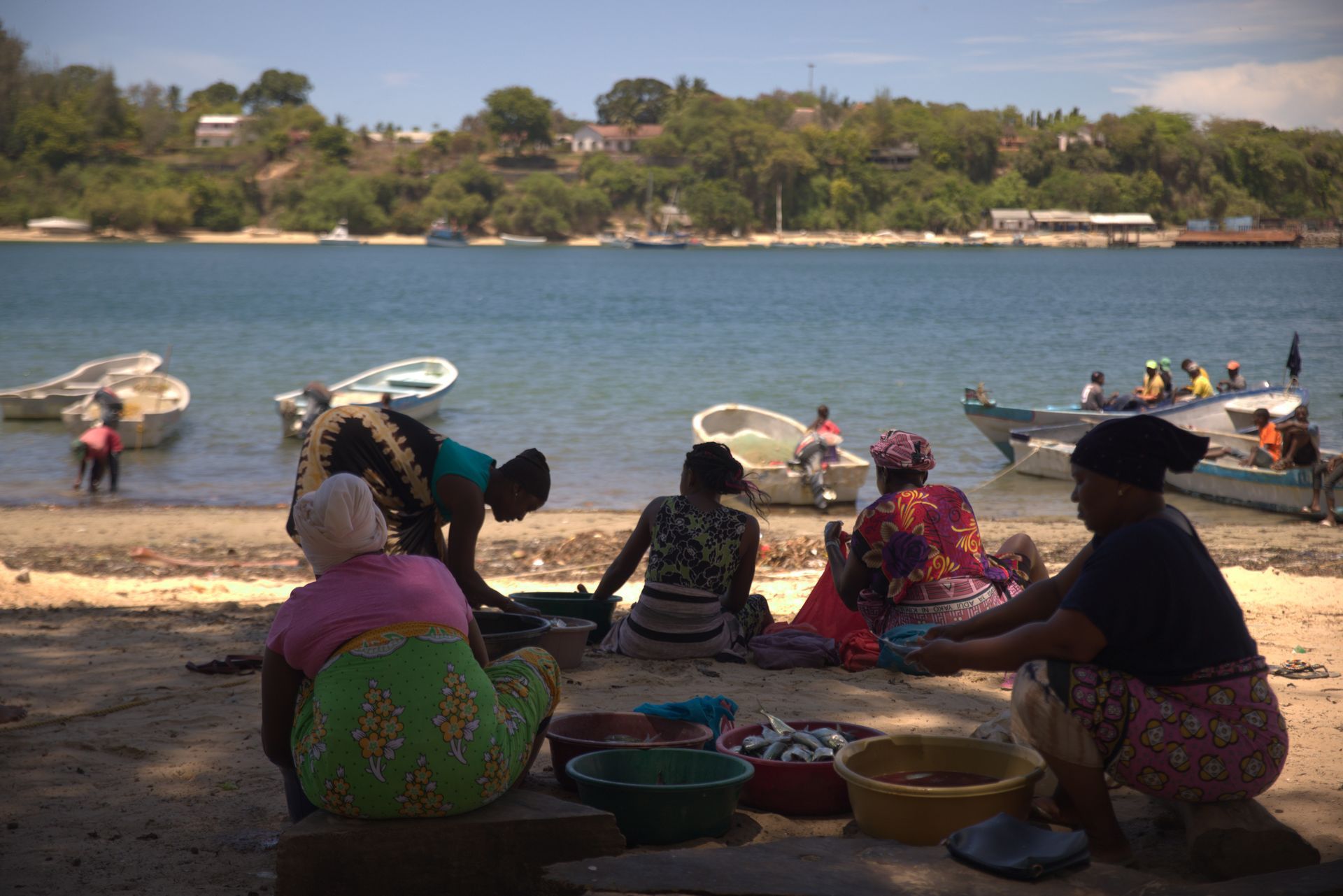
Slide title
Write your caption hereButton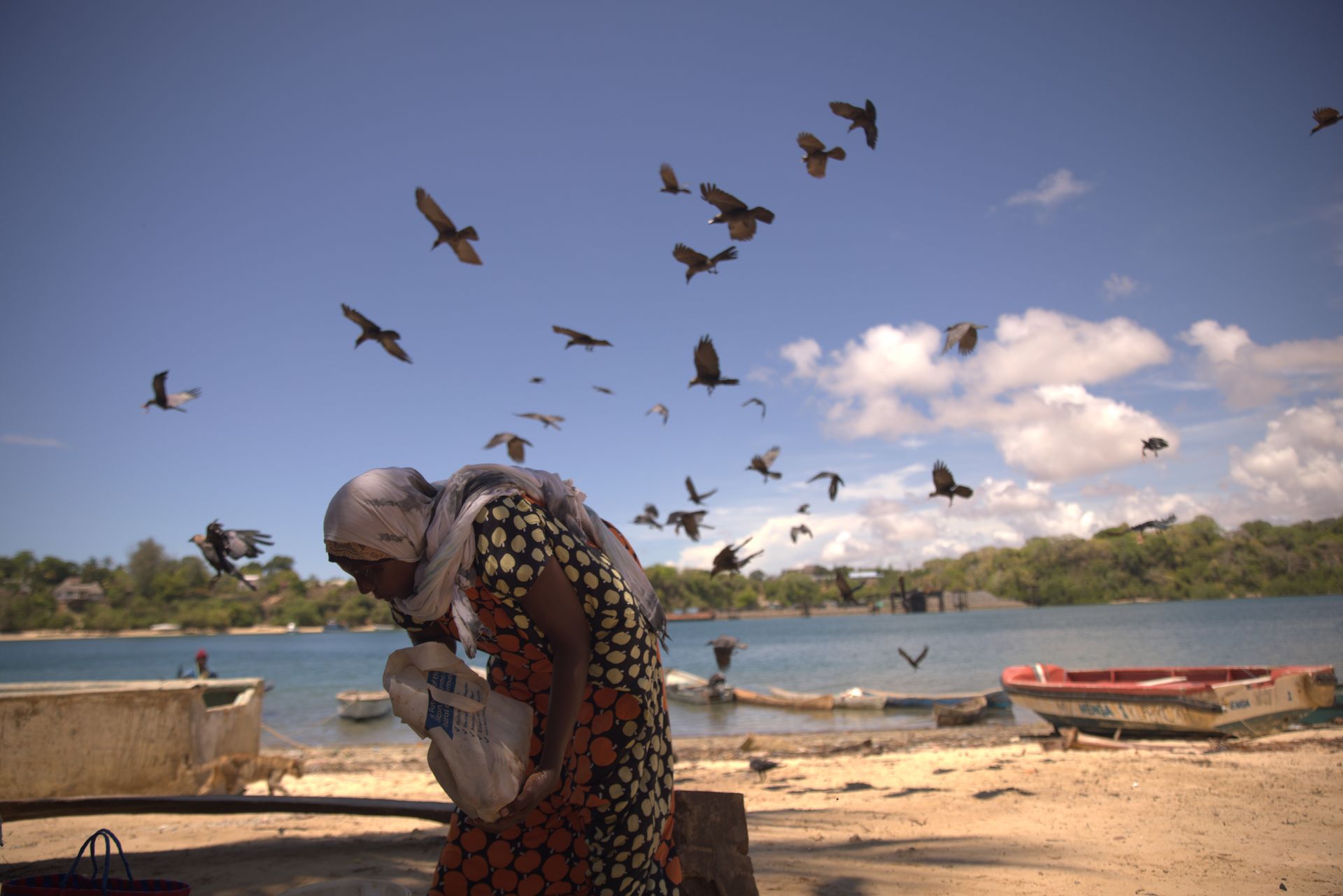
Slide title
Write your caption hereButton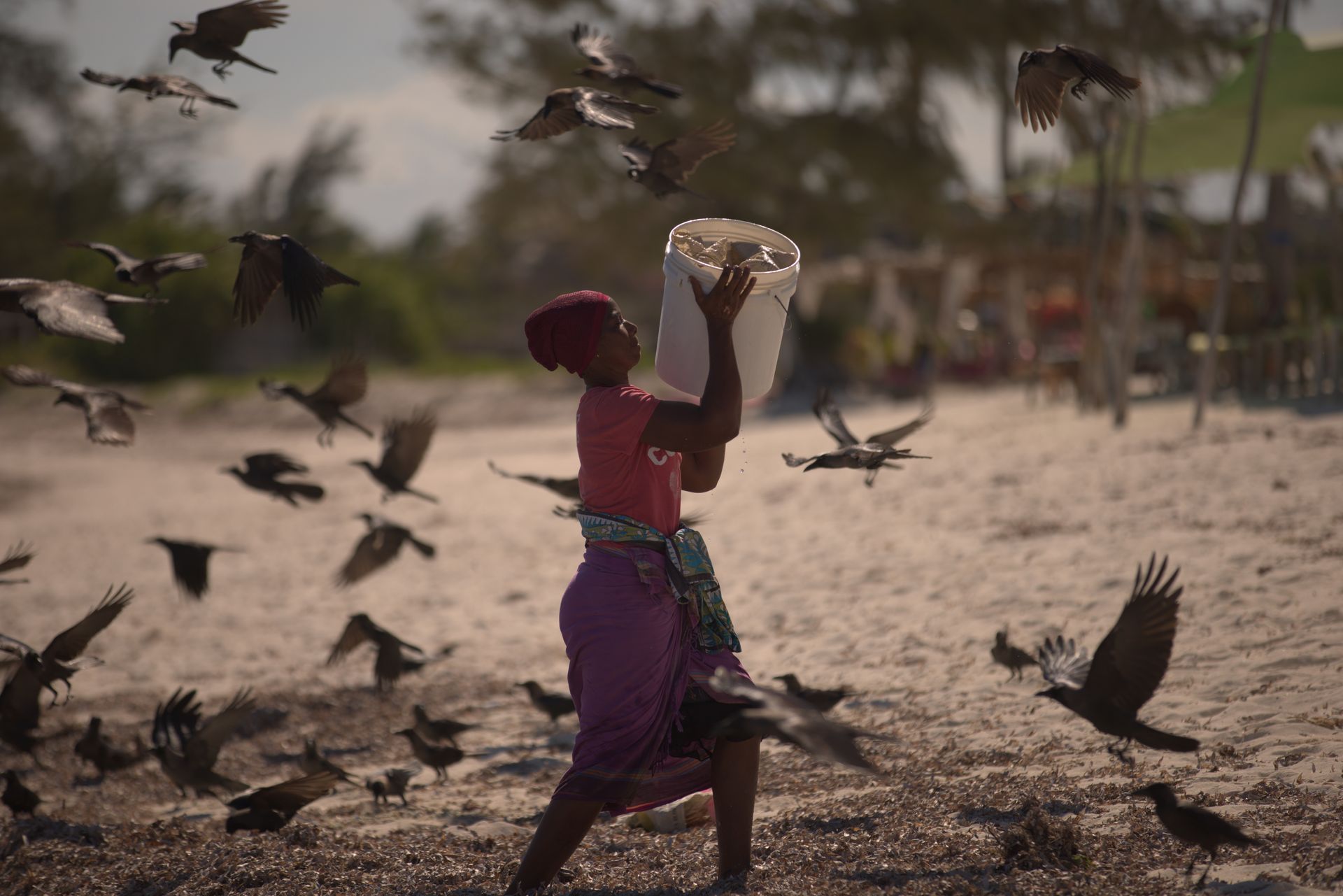
Slide title
Write your caption hereButton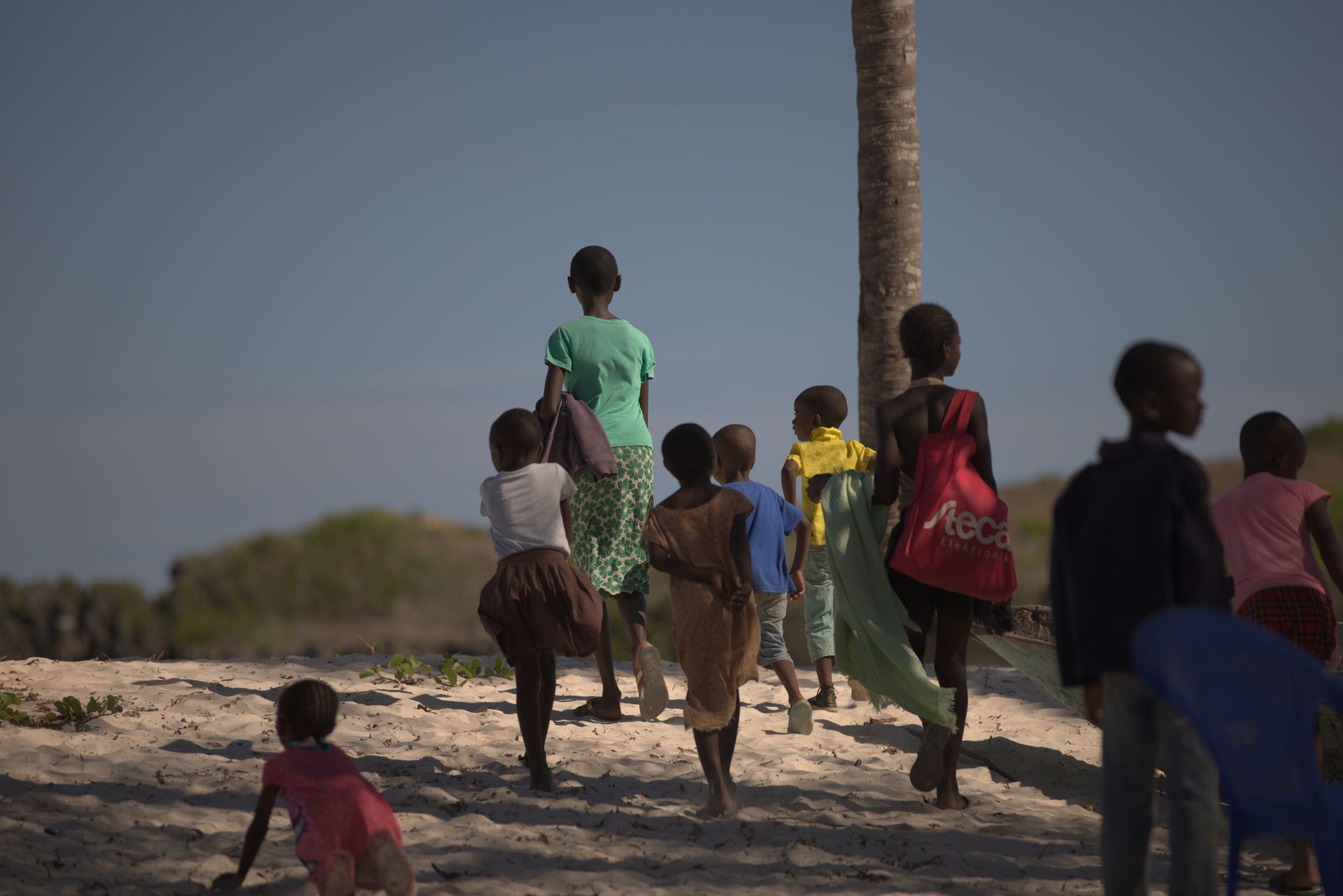
Slide title
Write your caption hereButton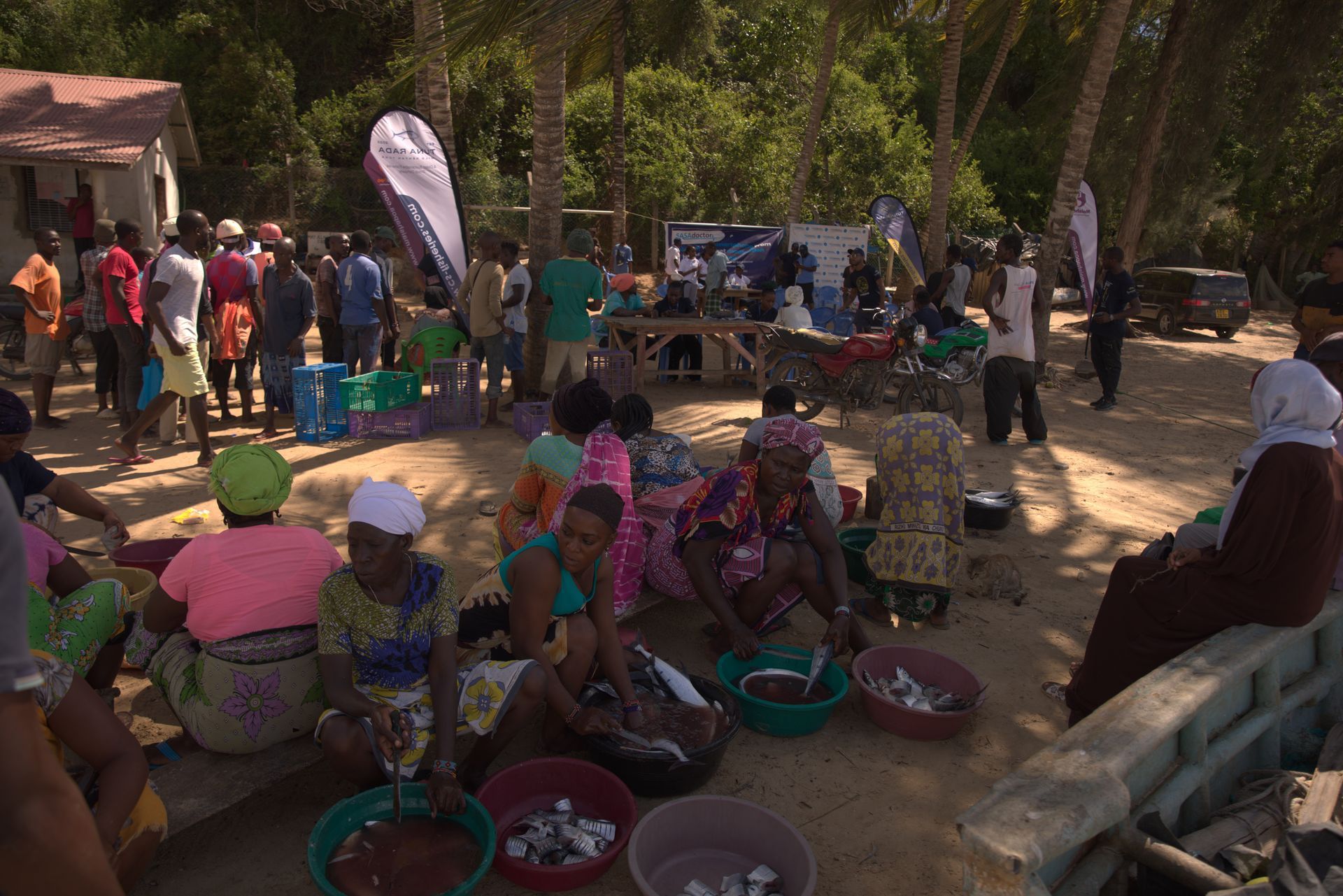
Slide title
Write your caption hereButton
Utilizing fish waste offers significant environmental benefits beyond just reducing waste disposal:
Reduced Pollution and Contamination
When fish waste is improperly disposed of, it can lead to water pollution, oxygen depletion, and contamination of ecosystems. Repurposing this waste into valuable products prevents it from ending up in waterways and harming aquatic life.
Decreased Reliance on Chemical Fertilizers
Fish waste can be processed into nutrient-rich organic fertilizers. Using these natural fertilizers reduces the need for synthetic, chemical-based alternatives that can leach into groundwater and contribute to environmental degradation.
Regeneration of Natural Systems
A circular economy approach to fish waste mimics natural cycles of regeneration. Organic resources are returned to the soil in a safe, uncontaminated form, allowing nutrients to be recycled and supporting biodiversity.
Renewable Resource Recovery
Fish waste can be transformed into a variety of renewable resources, including biofuels, animal feed, and biomass feedstock. Extracting maximum value from this waste stream reduces the need to deplete finite natural resources.
Expansion of Green Jobs and Markets
Innovative utilization of fish waste creates new economic opportunities and green jobs as demand grows for these renewable, sustainable products. This market expansion incentivizes further waste reduction efforts.
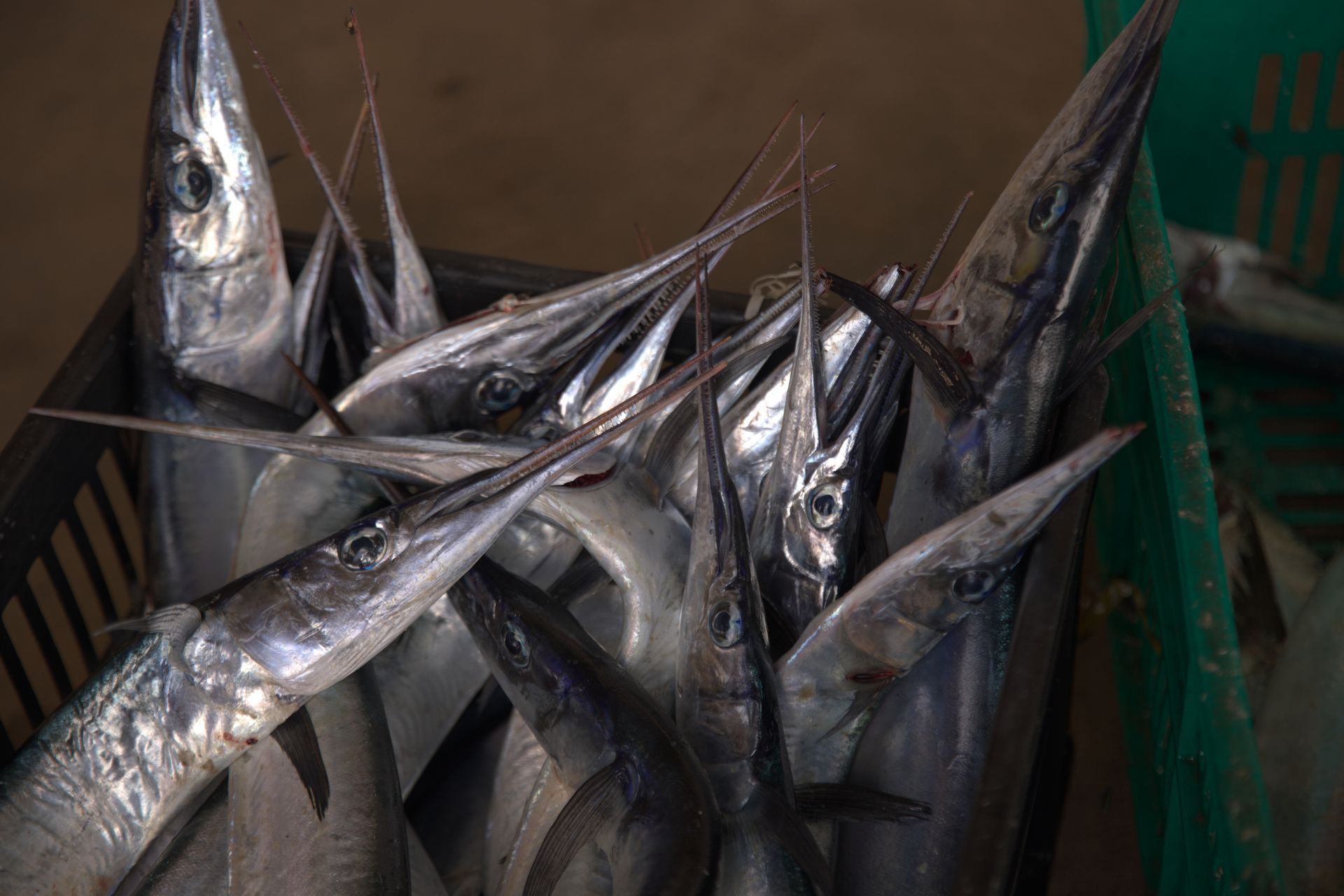
Slide title
Write your caption hereButton
Ukuzi a solution for Agriculture
Environmental impact:
Fish hydrolysate is increasingly recognized as a sustainable solution in agriculture, aligning with the principles of sustainable farming that prioritize soil health, biodiversity, and reduced reliance on chemical inputs.
By enhancing microbial activity and nutrient cycling, fish hydrolysate improves soil structure and fertility, creating a more vibrant ecosystem. This organic biostimulant provides essential nutrients in a natural form, thereby decreasing the need for synthetic fertilizers.
As a result, the environmental impact associated with chemical runoff and groundwater contamination is significantly minimized, promoting a healthier ecosystem overall.
Resilience to diseases:
The use of fish hydrolysate also contributes to crop resilience, as regular applications can strengthen plants against diseases and pests. This resilience is crucial for sustainable crop production, allowing farmers to maintain yields without resorting to harmful chemicals.
Economic Benefits:
Moreover, fish hydrolysate is often more economically viable in the long run, as it builds soil fertility over time and reduces dependency on expensive synthetic fertilizers.
This economic benefit, combined with its environmental advantages, makes fish hydrolysate an appealing option for farmers looking to adopt more sustainable practices.
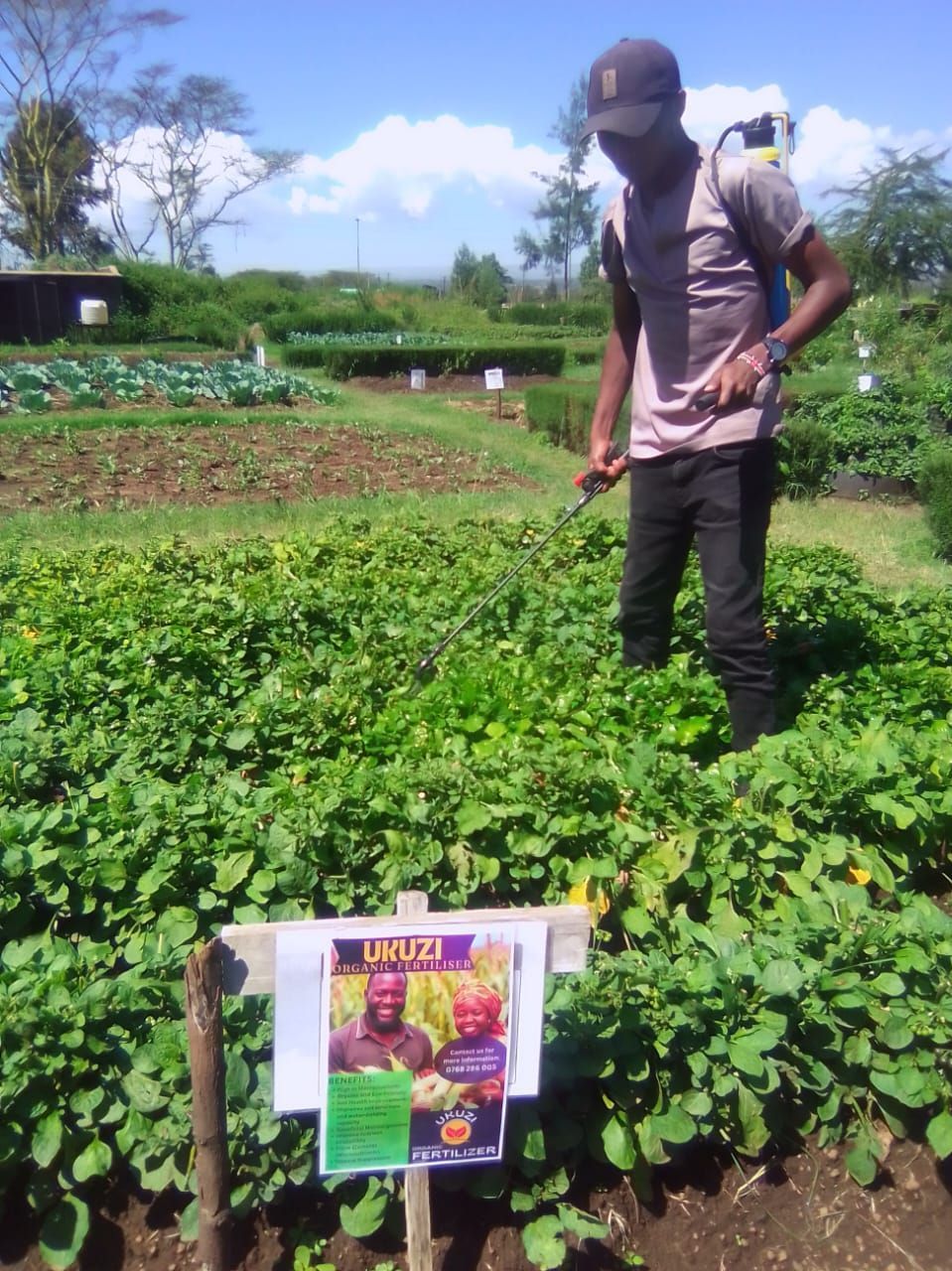
Slide title
Write your caption hereButton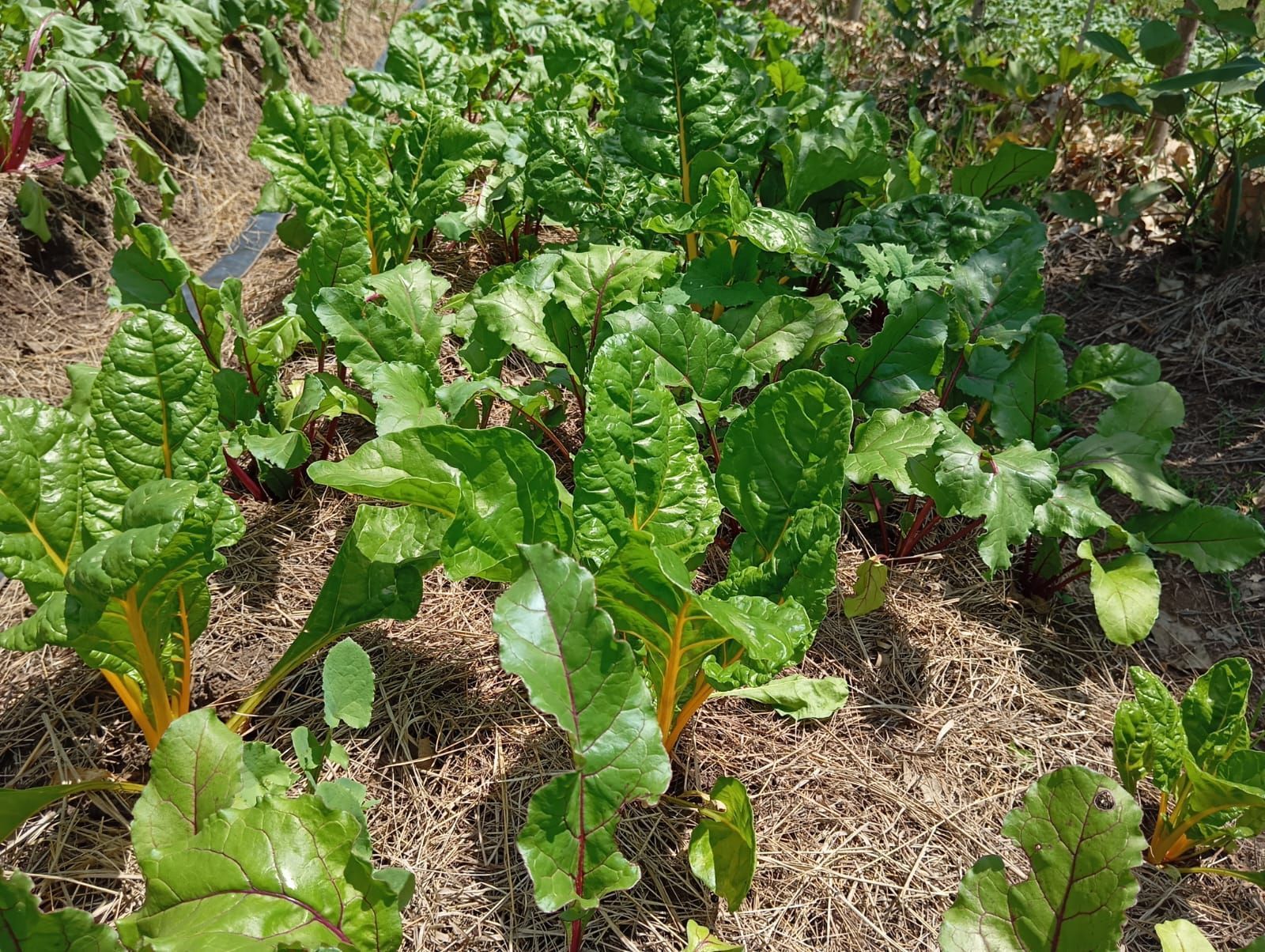
Slide title
Write your caption hereButton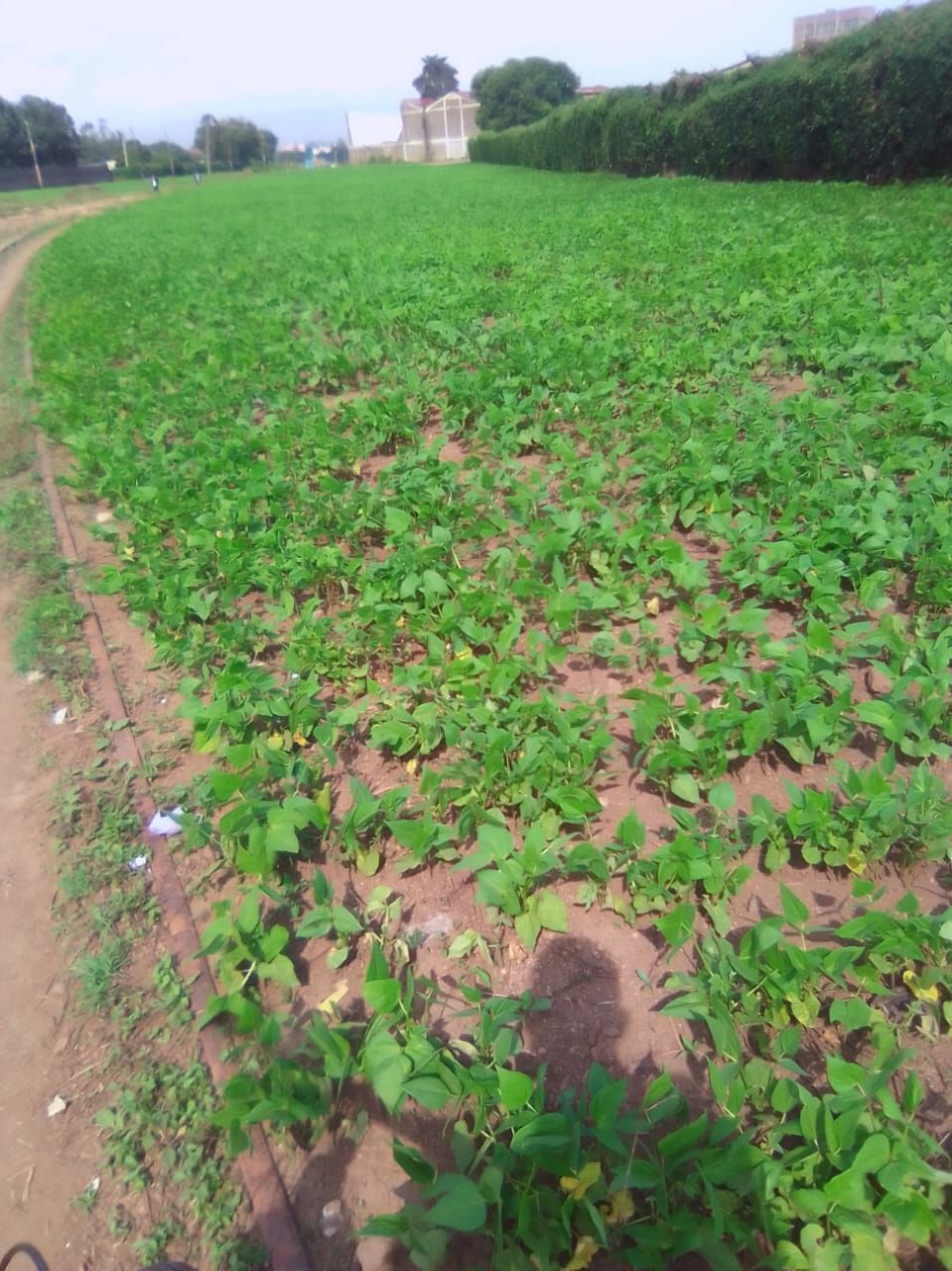
Slide title
Write your caption hereButton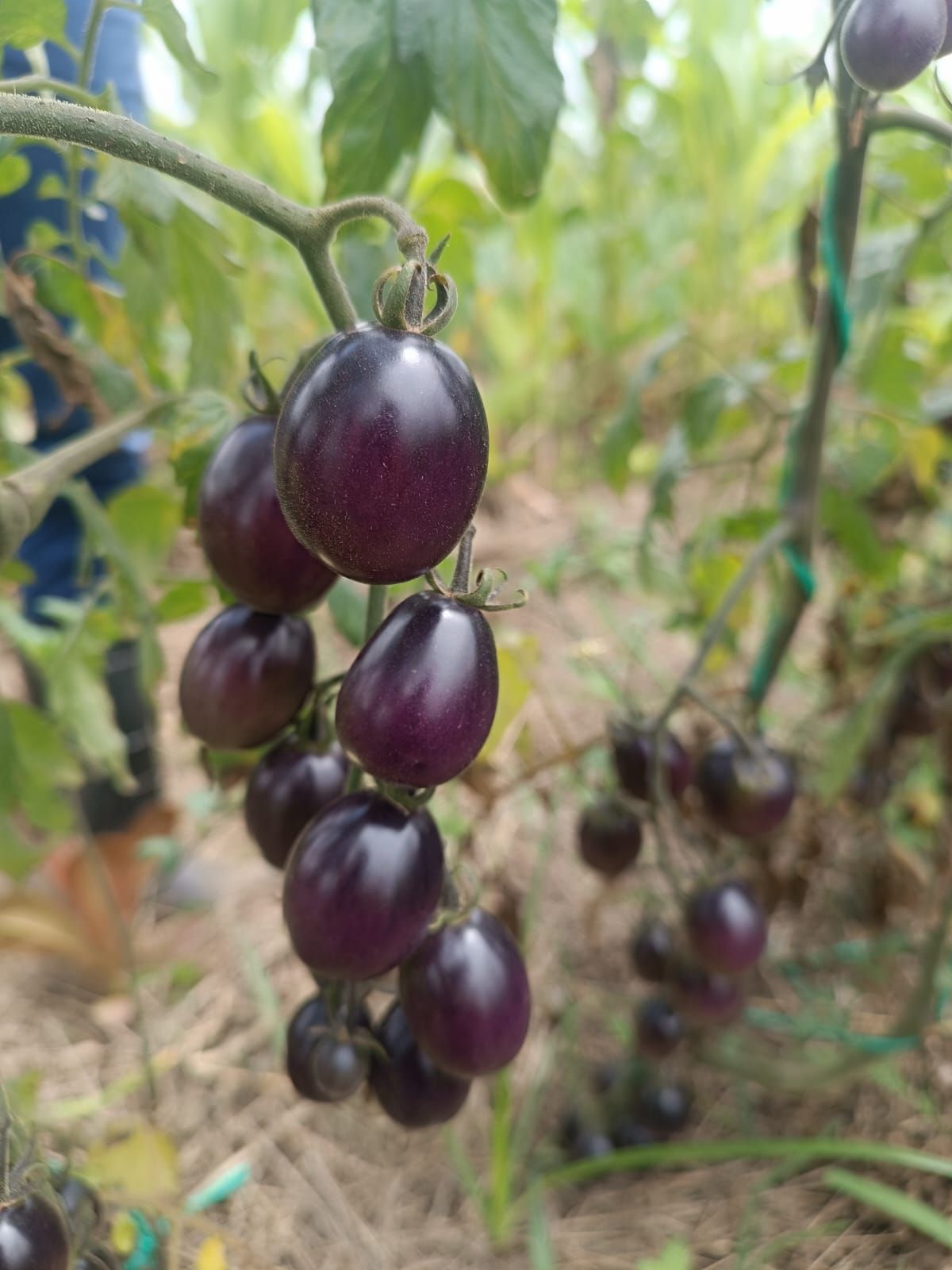
Slide title
Write your caption hereButton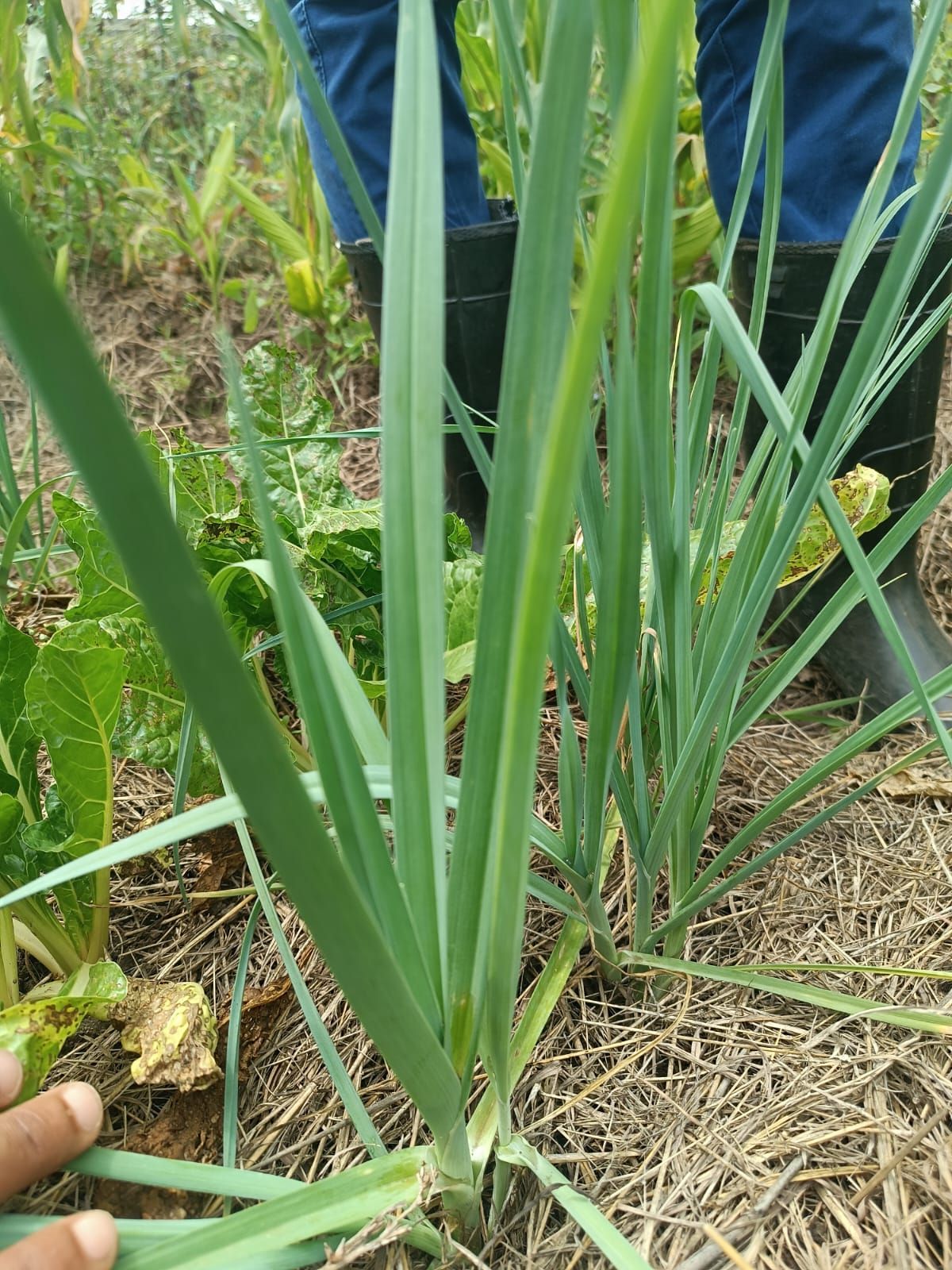
Slide title
Write your caption hereButton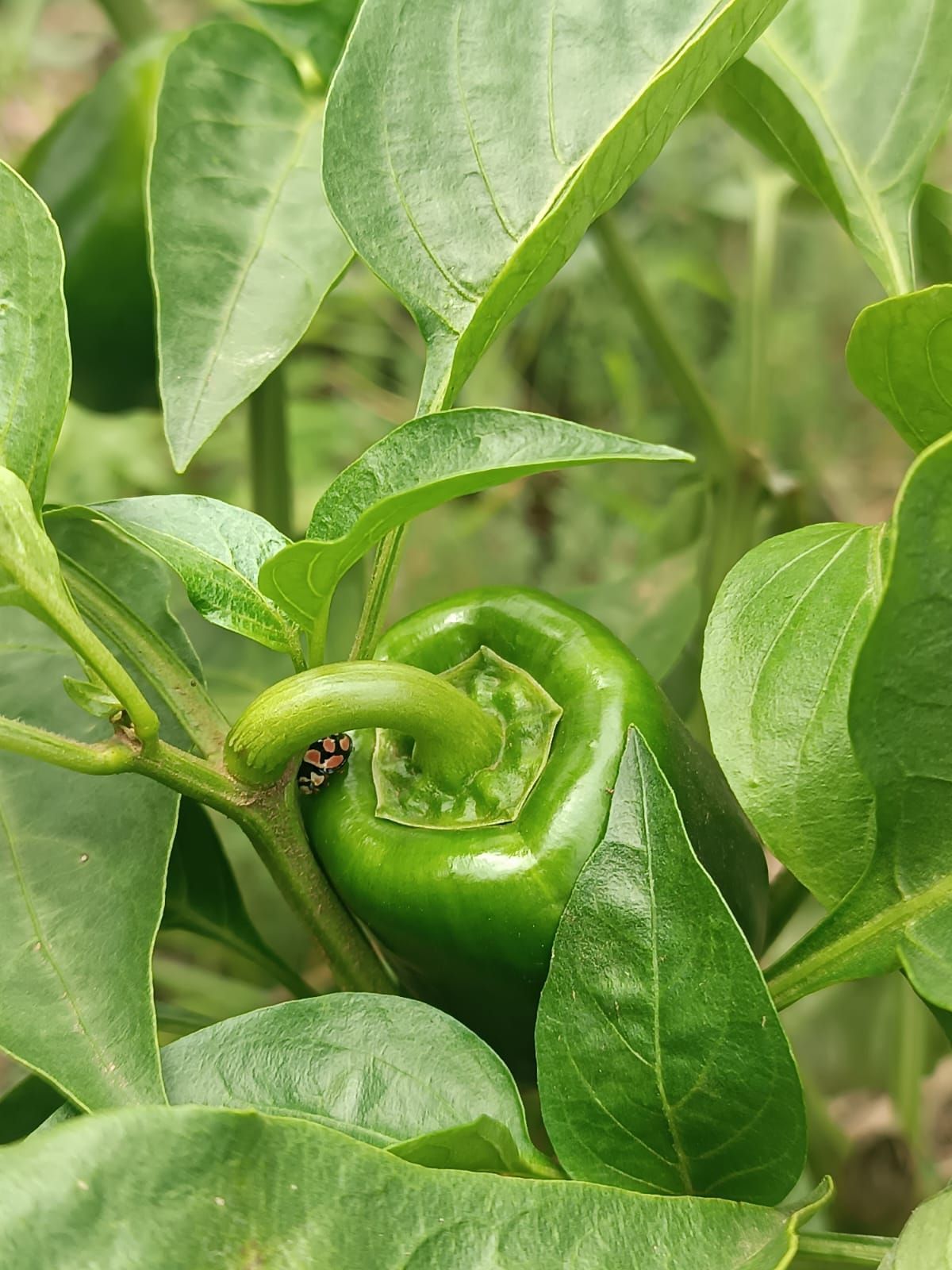
Slide title
Write your caption hereButton


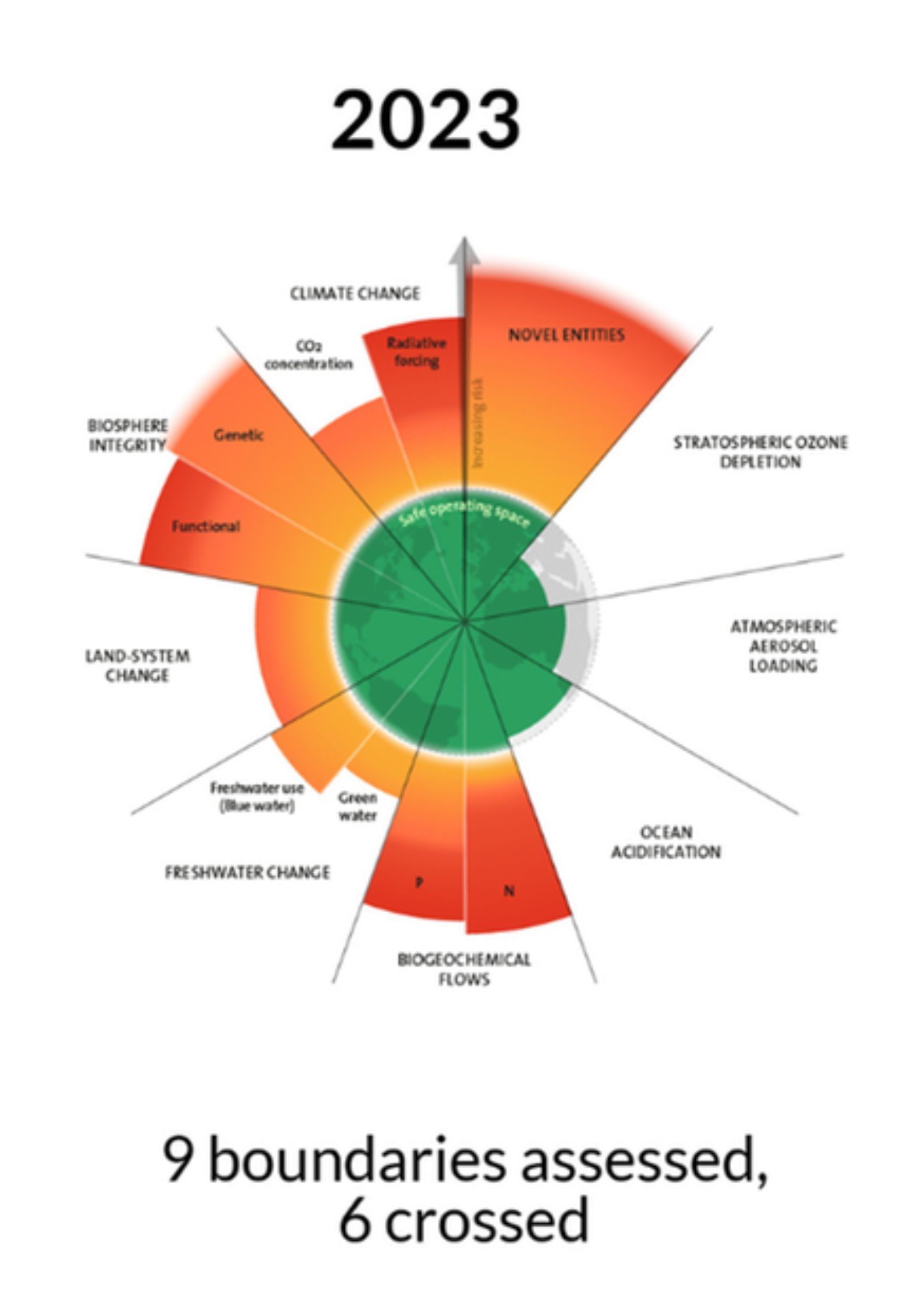
Biochemical flows
The nitrogen (N) and phosphorus (P) cycles are one of the nine planetary boundaries that define a safe operating space for humanity on Earth. These biogeochemical cycles are essential for sustaining life, but human activities have significantly altered their natural balance, posing risks to the stability of the planet's ecosystems.
Concern:
The nitrogen cycle has been greatly impacted by the production and use of synthetic fertilizers, which has more than doubled the amount of reactive nitrogen in circulation.
This excess nitrogen can lead to eutrophication of water bodies, contamination of drinking water, and the release of nitrous oxide, a potent greenhouse gas.
Similarly, the phosphorus cycle has been disrupted by the mining and application of phosphate fertilizers, with only a fraction being utilized by plants. The remaining phosphorus can accumulate in soils, be washed into waterways, and contribute to harmful algal blooms and the creation of ocean dead zones.
Challenge:
Maintaining the nitrogen and phosphorus cycles within their safe boundaries is crucial for ensuring the long-term sustainability of Earth's systems. This requires a shift towards more efficient and sustainable agricultural practices. By working within the planetary boundaries for these essential nutrients, we can safeguard the health of our planet and secure a sustainable future for generations to come.
By embracing and supporting sustainable farming practices, we can collectively protect our planet's health, enhance food security, and ensure a thriving ecosystem for future generations.
Join the Ukuzi movement today!
Click here to find out more about Ukuzi Feed Supplement
Interested in our services? We’re here to help!
We want to know your needs exactly so that we can provide the perfect solution. Let us know what you want and we’ll do our best to help.
Copyright INEIGHT GROUP 2024

